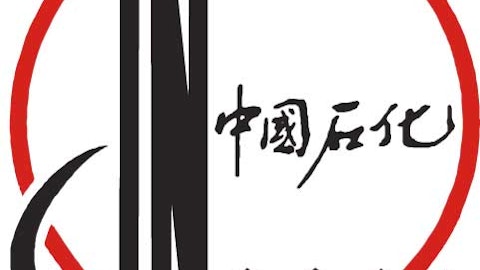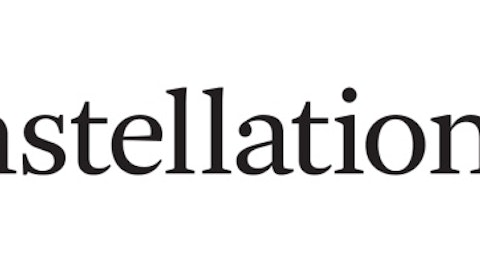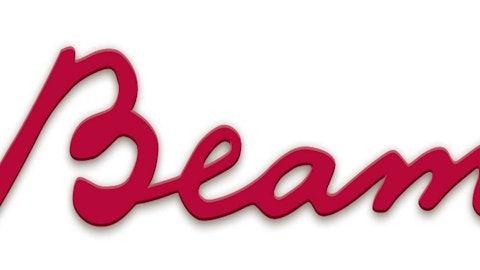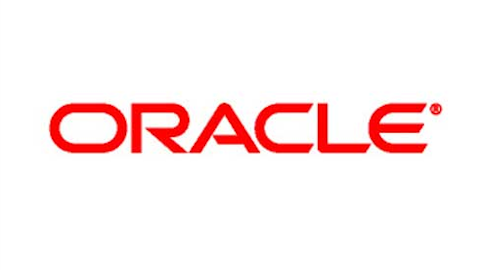Few businesses are regulated as eccentrically as the drinks business. A host of state and local laws, mostly relics of historical movements like Puritanism or abolitionism, have left the United States a diverse patchwork of jurisdictions with different — and often odd — rules about who can sell what kind of alcohol when and in what way. For example, in many states, alcohol can’t be sold on Sundays, under the sophisticated legal reasoning that you should be in church. Some of these old laws are more relevant to business than others, however, and last week a ruling came down in Missouri that could pave the way for big liquor conglomerates such as Diageo plc (ADR) (NYSE:DEO) and BEAM Inc (NYSE:BEAM) to better consolidate the American market.
At issue is a law adopted by a dozen states nationwide that requires distillers to continually do business with the same distribution wholesalers, allowing a distiller to terminate a relationship with a wholesaler only if the distiller can legally prove “good cause.” In effect, this rule prevents distillers from cutting costs by switching or combining wholesalers. These laws, and restrictions like them, such as limiting the number of stores a single business may own, were largely a response to the post-Prohibition era, in which organized crime had monopolized the alcohol supply chain, and were an attempt to introduce checks on that monopoly.
Today, however, the organizations attempting to consolidate the liquor supply aren’t mobsters; they’re public companies, and rules preventing them from shoring up their distributors are at odds with how business is done in other industries. Big liquor companies want more control over their wholesalers, and these laws prevent them from exercising the market power to ensure that wholesalers operate efficiently and focus on following the distiller’s promotion and sales strategy.
So in May, French drinks giant Pernod Ricard, family-run rum icon Bacardi, and Diageo plc (ADR) (NYSE:DEO), the world’s largest spirits producer, took aim at dismantling these regulations by announcing they would no longer be supplying Missouri-based wholesaler Major Brands with their products. The expected legal confrontation ensued almost immediately, with Major Brands seeking a court order requiring Diageo, which alone accounted for nearly a quarter of Major Brands’ sales, to continue its existing distribution agreement. Diageo, meanwhile, was hoping to strike down its legal obligations to its wholesalers outright, freeing the company to select business partners as it saw fit.
The Circuit Court decision last Thursday ruled that Diageo plc (ADR) (NYSE:DEO) had indeed broken its contractual obligations with Major Brands, but nonetheless refused to grant Major Brands the right to continue distributing Diageo products against Diageo’s will, reasoning that such an “uneasy alliance” would require indefinite court oversight. Instead, the judge determined that the harm Major Brands would suffer from the loss of Diageo’s business could be compensated with damages, potentially including the full enterprise value of Major Brands if the company couldn’t continue on after losing Diageo’s business.





